Recycling was mandated 40 years ago
WEST MILFORD. Newark watershed tax appeals were news then too.
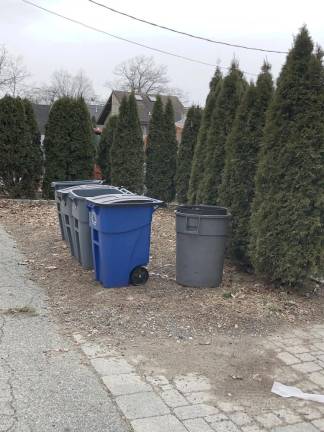
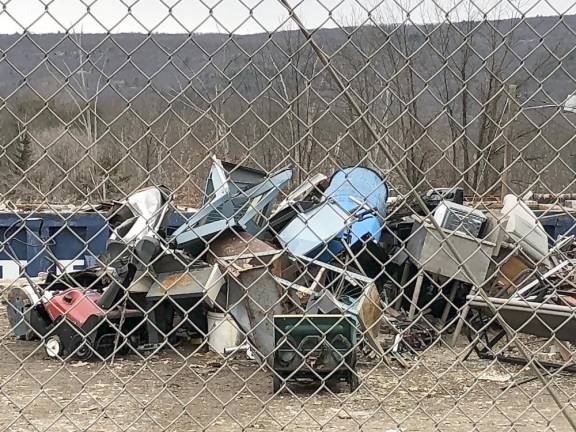
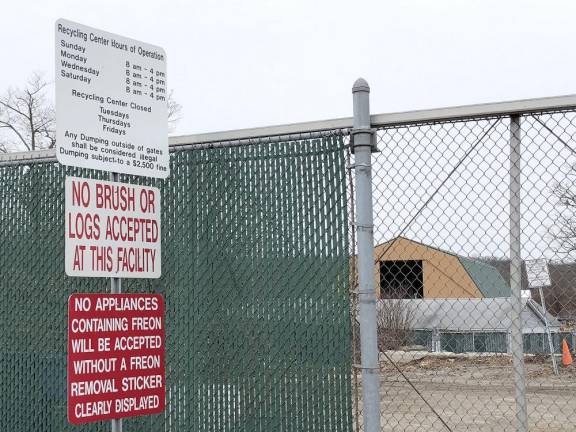
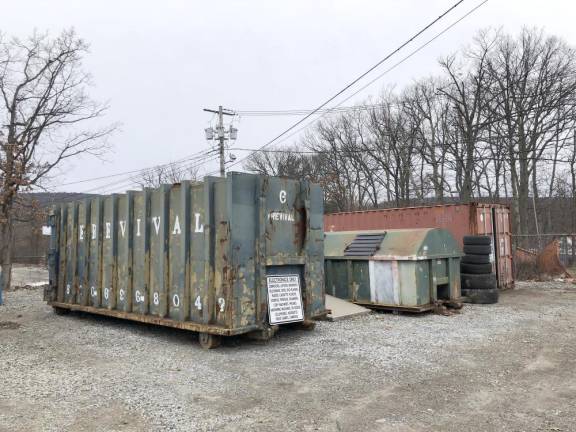
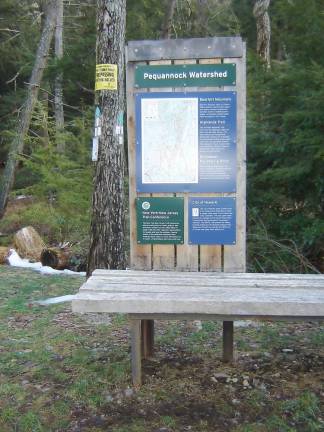
In 1983, West Milford legislators approved an ordinance establishing a mandatory recycling program.
Another ordinance approved by the council that year addressed pesticide control.
Some issues from 40 years ago continue to affect the township today.
One of those is the amount of taxes that Newark should pay on its property here.
In 1983, West Milford, represented by attorney Martin Murphy, was involved in a number of lawsuits, including one challenging its zoning laws under the Mount Laurel doctrine, which required towns to provide for affordable housing, and the reasonableness of the zoning of the watershed property owned by Newark.
The agenda for the Township Council meeting Wednesday, Jan. 18 said officials were expected to discuss litigation regarding a Newark watershed tax appeal in executive session.
In 1983, the New Jersey Supreme Court declined to hear the case between Newark and West Milford. Newark then appealed the case to the U.S. Supreme Court, which also did not take the case. Newark took a voluntary dismissal of the matter without prejudice.
A tax appeal filed by Newark over the assessment of its property was being tried the next year before the Tax Court in New Brunswick. Murphy told the township officials the matter required detailed preparation as West Milford advocated alternative methods of valuation for watershed lands based on conflicting court decisions.
Recycling’s start
The New Jersey Legislature enacted a recycling law in 1981, and a report published three years later said 363 of the state’s 567 municipalities had recycling programs in place.
The goal was to recycle a quarter of the municipal solid waste stream by 1986.
A fund established by the state’s recycling law distributed $2.03 million among 241 municipalities in 1983, based on the amount of material recycled in each community. The fund also awarded $700,000 to 14 counties, municipalities and nonprofit groups to assist them in starting new recycling programs or expanding existing ones.
An additional $600,000 was used to finance an intensive education campaign on recycling. The campaign featured a professional magician named Mr. R.E. Cycle.
By the 1990s, more than half of the state’s municipal waste was being recycled, but the rate fell below 40 percent in 2022.
Court cases
Six other tax appeal cases were handled by Murphy for the township that year.
In 1983, customers of the West Milford Municipal Utilities Authority (MUA) sued the township, asking that it be forced to take over a portion of the MUA debt after a decision in favor of the township that June.
The plaintiffs appealed the decision to the Appellate Division, which heard oral arguments March 13, 1984. The Appellate Division affirmed the trial court’s ruling.
In another case, West Milford took the Passaic Boys Club, now Camp Ocawasin, to Superior Court to force it to obtain a building permit. The case ended in a consent order, and the club obtained the necessary Planning Board approvals.
Another lawsuit involved West Milford’s fight against Greenbrook Water Supply Co. to “declare the defendant water company a nuisance” and consolidated with an action by the state Department of Environmental Protection (DEP).
The court appointed Bernard Kimmel as receiver to operate the company until it was dissolved. The court ordered the West Milford MUA into the case with the apparent ultimate intention of ordering the transfer of the system to the MUA after an improvement program.
In another case 40 years ago, the DEP was seeking the closing of Hamm’s landfill. The township and several other municipalities intervened, and the court extended the previous date for the landfill closing, noting that the state had not shown the landfill was hazardous. The delay was in effect while alternate solutions were sought.
In November 1983, the state Board of Public Utilities order than upon the closing of Hamm’s landfill, the waste was to be transported to southern New Jersey for disposal.
The owner of Township Auto Salvage, off Weaver Road, took the township to court after the council revoked its license. The business won an application to prevent West Milford from enforcing the license revocation. The junkyard remains in operation today.
Rule changes
In 1983, township officials approved an ordinance that required residents to obtain a moving permit from town hall.
Other ordinances that year vacated interest in Magnolia Street, then to be known as Gilbert Place, and for the takeover of Sanders Court. Ordinances accepted Jefferson Street, Daniel Street, Ulster Street and Pierce Avenue as public thoroughfares. Another ordinance accepted Ardena Road and a part of Delaware Road as thoroughfares.
Revision of the township’s general ordinances updated procedures regarding site plan review and zone change requests.
There was an ordinance authorizing “certain emergency repairs” on Bayonne Drive and another ordinance vacated a portion of a street known as Oradell Road.